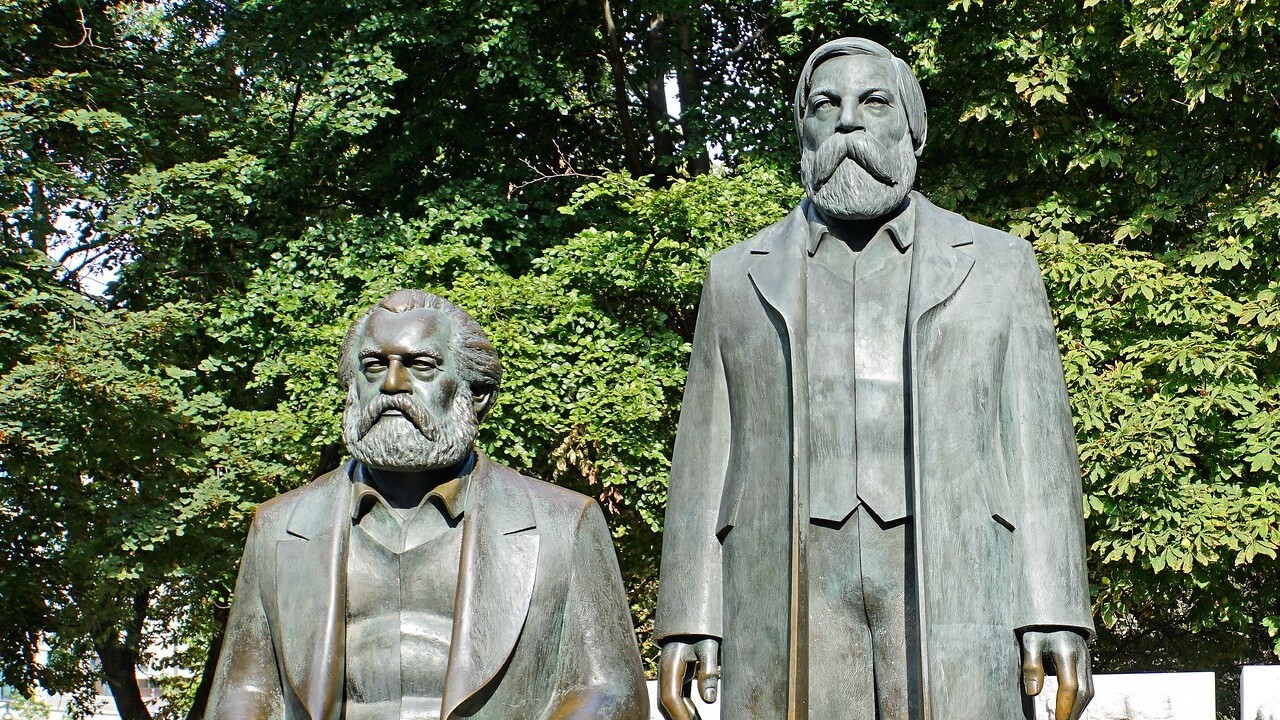With corporations currently bending the knee to antiracist education for their employees, there is a consistent message about “structural failures” in our nation. Corporations are encouraged to emphasize equity, which they deem a fair and just solution to social problems. For those deemed awakened, every human needs to be part of the racial equity movement. Corporations need to become “agents of equity.” Anti-racist material, one of which is titled “CEO Blueprint for Racial Equity,” can be a guideline for HR to implement in corporate employee education on racial matters. CEOs need to design HR policies that are actively antiracist, for merely being against racism is not enough. Companies also need to provide board positions for minority workers and be sure they make every situation void of inequality—regardless if the means to fix the so-called problem is actually unethical and unjust. There is no mention of merit. Moreover, corporations need to be sure policies are in place for black businesses to be noticed. Diversity and inclusion programs would simply not be enough. There needs to be corporate philanthropy advocating for justice and liberation for people of color. There needs to be a racist viewpoint underlying all interactions, according to this pervasive view.
Where does this criterion for justice and fairness come from? Are there now new definitions for justice and equality? There is this insistence on class struggles and the need for equity instead of equality being sufficient. Many deem these ideas to be virtuous and founded in love and the fight against racism; however, looking back historically at the themes we see rampant in current culture, the foundational thought of anti-racism lies in 19th century Marxist belief systems. Karl Marx and Frederick Engels begin their Communist Manifesto with the declaration of the theme of class struggles within society. The oppressor and oppressed are constantly at war with the other. Wherever there is a hierarchy in society, whether that is through monetary superiority or the claim of a supreme race, there must be a “revolutionary reconstruction” of society. The discovery of America is included in the disdain for the rising of the “bourgeoisie” (the capitalists). For Marx and Engels, it’s the bourgeoisie against the proletarians; the oppressors against the oppressed; and in modern day, it is capitalist white supremacists oppressing minorities. This group of “bourgeoisies” have “pushed into the background every class handed down from the middle ages.” The current rhetoric of equity moves along the Marxist themes of removing class struggles and creating a fictitious utopia of equal outcomes, ultimately celebrating communism. This dangerous belief system also attempts to even out those within the American prison systems, claiming the notion that even within law and justice we can somehow have equal outcomes regarding who is sentenced. There is no discussion on the true reason for many disparities, for this truth will melt the very cold and deranged notion that life can be civil and just by creating a society where everyone has the same outcome, no matter the means to getting there.

Gina Lee
Gina is currently a graduate student at Liberty University where she is studying public policy to collaborate in the non-profit sector as well as teach at the collegiate level.





